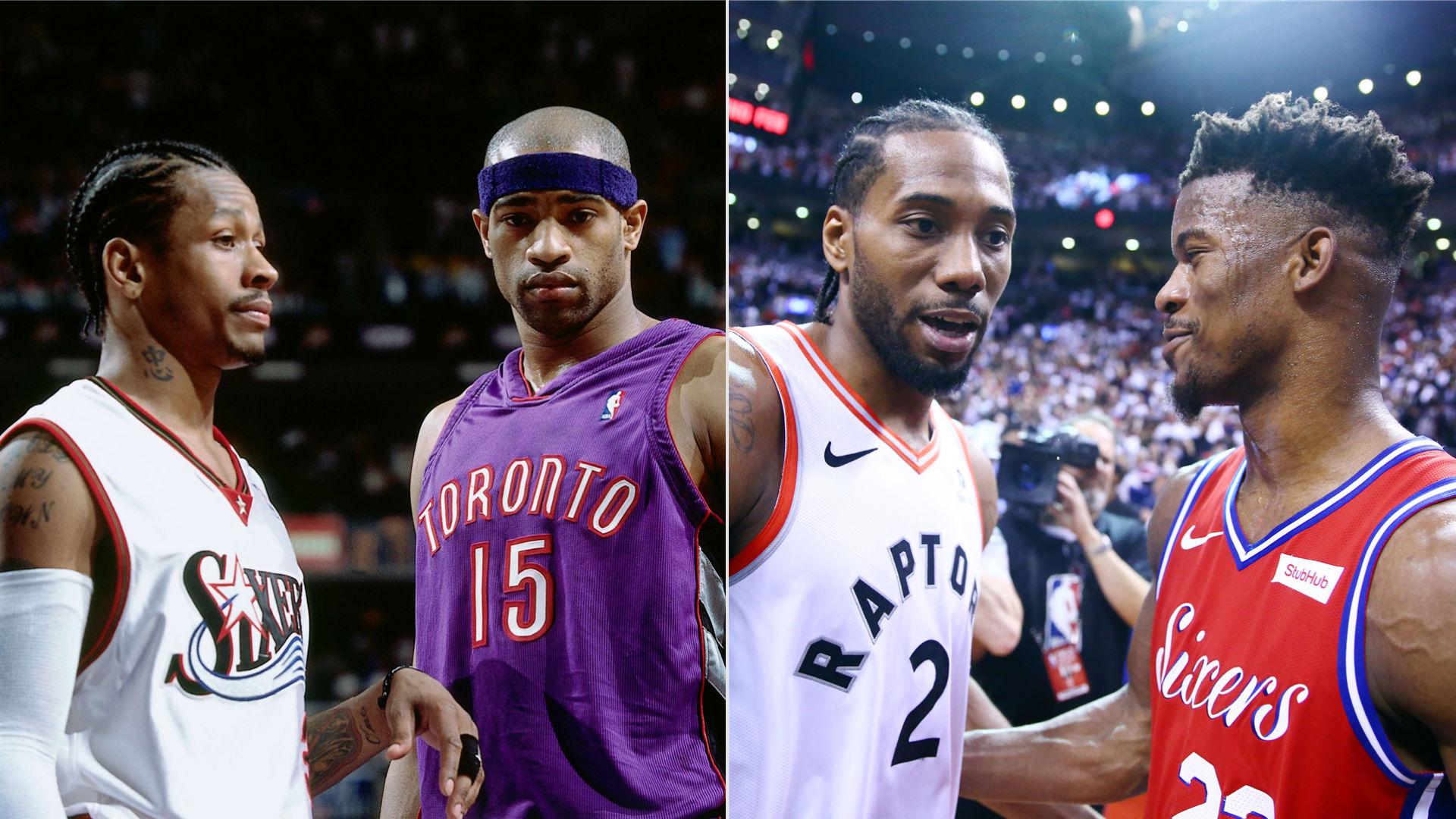The Series Stands Poised: A 2-2 Stalemate
As the final whistle blew on Game 4, the NBA Finals series found itself in a familiar, yet intensely dramatic, position: tied at 2-2. The Indiana Pacers and Oklahoma City Thunder have engaged in a fierce, alternating battle, where neither team has managed to secure back-to-back victories. This deadlock sets the stage for Game 5, a contest universally recognized as the pivotal point in any seven-game series. It is not merely another game on the schedule; it is the statistical fulcrum upon which championship aspirations often hinge.
Recapping the Volatility: How We Arrived at Game 5
Game 4 offered a quintessential example of this series` unpredictable nature. The Oklahoma City Thunder secured a 111-104 victory, marked by a dominant fourth-quarter surge. League MVP Shai Gilgeous-Alexander once again demonstrated why he holds that title, pouring in 15 of his 35 points in the final frame to orchestrate a crucial comeback. Contributions from Alex Caruso (20 points) and Jalen Williams (27 points, seven rebounds) were instrumental, demonstrating the Thunder`s capacity to rally and reclaim home-court advantage.
Conversely, the Indiana Pacers, despite a valiant effort, saw their late-game execution falter. Tyrese Haliburton tallied 18 points but struggled to find his rhythm from beyond the arc. The game also highlighted the unforgiving nature of the Finals for younger talents, with Bennedict Mathurin committing critical errors—including unnecessary fouls away from the ball and missed free throws—during the decisive moments. These unforced errors provided the Thunder with invaluable opportunities, a luxury rarely afforded in such high-stakes contests. One might observe that the delicate art of not gifting free throws to your opponent remains a crucial skill in championship basketball.
The Unyielding Pressure of the “Pivotal” Game
The statistical oracle of NBA history offers a stark warning: when an NBA Finals series is tied 2-2, the team that emerges victorious from Game 5 goes on to win the championship a staggering 74.2% of the time (a 23-8 series record). This percentage transforms Game 5 from a mere regular-season fixture into a psychological and strategic Everest. The winner gains not just a 3-2 series lead, but also a formidable psychological advantage, placing their opponent on the precipice of elimination. The weight of this statistic, a heavy mantle indeed, rests squarely on both franchises.
Both teams bring their own narratives of Game 5 performance into this crucial encounter:
- Indiana Pacers: Have shown remarkable resilience throughout the playoffs, not losing back-to-back games. Historically, they`ve closed out two of their three previous series in Game 5, suggesting a capacity to deliver under pressure when it matters most.
- Oklahoma City Thunder: Possess a perfect record in Game 5s this postseason, having dispatched the Denver Nuggets by seven points and the Minnesota Timberwolves by an emphatic 30 points. This history indicates a team that understands how to leverage home-court advantage and seize control in critical moments.
Strategic Imperatives and Key Matchups
For Game 5, the Thunder enter as 9-point favorites, with an anticipated over-under of 224 points, reflecting expectations of a high-paced, offensively charged contest. This projection is not merely speculative; it underscores the Thunder`s perceived strength, particularly on their home court and their reliance on efficient, aggressive offense.
For the Oklahoma City Thunder:
The imperative is clear: replicate the Game 4 intensity. Shai Gilgeous-Alexander must continue his masterful scoring and playmaking. However, the consistent contributions from supporting cast members like Alex Caruso, whose defensive prowess often translates into opportunistic offense, and Jalen Williams, with his versatile scoring and rebounding, will be indispensable. Maintaining defensive pressure without sacrificing offensive fluidity will be paramount, particularly against the Pacers` rapid transition game.
For the Indiana Pacers:
The challenge lies in regaining offensive consistency and minimizing critical errors. Tyrese Haliburton needs to assert himself more aggressively, both as a scorer and facilitator, especially from beyond the arc, creating efficient looks for his teammates. Furthermore, role players such as Bennedict Mathurin, Obi Toppin, and Aaron Nesmith must elevate their collective performance, demonstrating composed efficiency under the immense Finals spotlight. Avoiding the late-game blunders that cost them Game 4 is not just a strategic goal; it`s a non-negotiable requirement for victory. Their ability to force turnovers and convert them into fast-break points will be crucial.
The Unseen Opponent: Mental Fortitude
“In the crucible of Game 5, talent meets temperament. The team that manages the pressure best often dictates the narrative for the remainder of the series.”
Beyond the Xs and Os, Game 5 is fundamentally a battle of wills. Every loose ball, every contested rebound, every tactical foul or shot attempt will be scrutinized under the brightest of lights. Coaching staffs will deploy every conceivable adjustment, and players will be pushed to their physical and mental limits. The margin for error shrinks to infinitesimal proportions. The team that demonstrates superior composure, discipline, and sheer determination in the face of escalating pressure will inevitably gain the upper hand. Who will make the pivotal defensive stop? Who will sink the clutch shot? These questions linger, awaiting the answer only Game 5 can provide.
In the high-stakes theater of the NBA Finals, Game 5 is where narratives solidify, heroes emerge, and the path to a championship becomes clearer. Expect nothing less than a fiercely contested, technically demanding, and ultimately decisive basketball spectacle.

